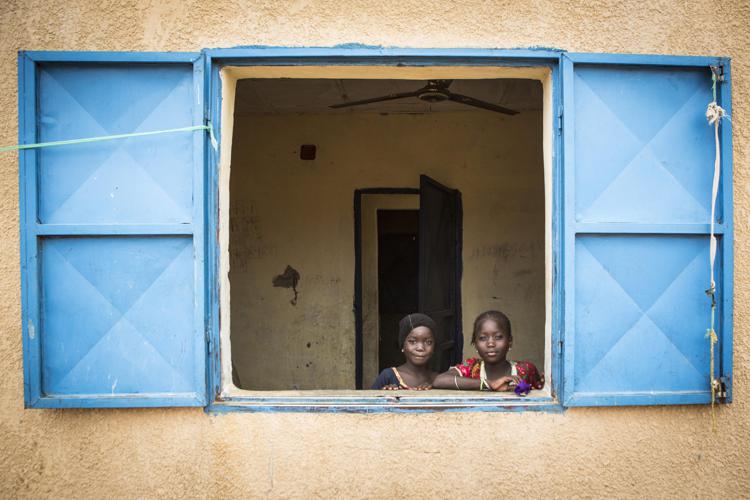

Ongoing violence in Niger’s border areas with Mali and Burkina Faso has forced 52,000 Nigeriens to flee their homes this year alone, the United Nations refugee agency UNHCR said on Thursday, stating that it was increasingly troubled by the "alarming and extremely volatile" situation.
Cross-border incursions and attacks by militant groups in Niger’s Tillaberi and Tahoua border regions have forced many to flee for safety to other nearby towns and villages, while those displaced by the conflict report fleeing horrific violence.
Armed groups are reported to be attacking villages, killing and abducting civilians, including community leaders, burning schools and looting homes, businesses and livestock, UNHCR said, appealing for more financial support from the international community for Niger.
While a government declared state of emergency continues to take effect in the Tahoua and Tillaberi border regions and large-scale military operations by G5 Sahel forces are ongoing, the violence and insecurity is also hampering humanitarian relief efforts, the UN agency noted.
"Since the beginning of October, the government in coordination with the humanitarian community has attempted to secure certain zones to ensure distributions of aid, but ongoing security threats have prevented humanitarians from reaching all those in need of help," UNHCR said.
"The situation is both alarming and extremely volatile," the agency said.
Besides forcing more people to flee, the violence is also affecting 53,000 Malian refugees who are living in the Tillaberi and Tahoua regions.
Some of the Malian refugees have told UNHCR staff that they are considering fleeing northwards, to other countries, said the agency.
UNHCR spearheaded a coordinated response to the crisis with other agencies to help those fleeing, including through protection monitoring which allows humanitarian workers to rapidly aid the neediest and most vulnerable refugees, the agency said.
UNHCR said it is also working with local NGO partners and a wide community-based network throughout the country and UNHCR and partners have been able to get concrete assistance to over 375 incidents reported through this mechanism.
The agency praised Niger for its generosity in sheltering refugees, inspite of the ongoing conflict on its borders.
“Despite having to grapple with violence and insecurity along its borders, Niger remains a generous refugee host country," said UNHCR’s Representative in Niger, Alessandra Morelli.
"And it is now the first African country to incorporate the Kampala Convention, the African Union Convention for the Protection and Assistance of Internally Displaced Persons in Africa, into domestic law having adopted a national law earlier this month,” Morelli added.
There are currently more than 156,000 internally displaced people in Niger, who have been forced to flee mainly from the western border regions near Mali and Burkina Faso (33 per cent) and in Diffa, in the south-east, near Nigeria (67 per cent). In addition, there are also more than 175,000 refugees mainly from Nigeria (67 per cent) and Mali (32 per cent) in the country.
Despite increasing numbers of people uprooted by conflict and the growing humanitarian crisis, UNHCR said it has received a little more than half of its 54 million dollar appeal this year to assist displaced Nigeriens as well as Malian and Nigerian refugees hosted in Niger.
UNHCR appealed for greater financial support for Niger and urged nations to address the root causes of displacement in Niger and the region, and to work towards peace.
Civilian protection should be paramount in all international military interventions, UNHCR said.